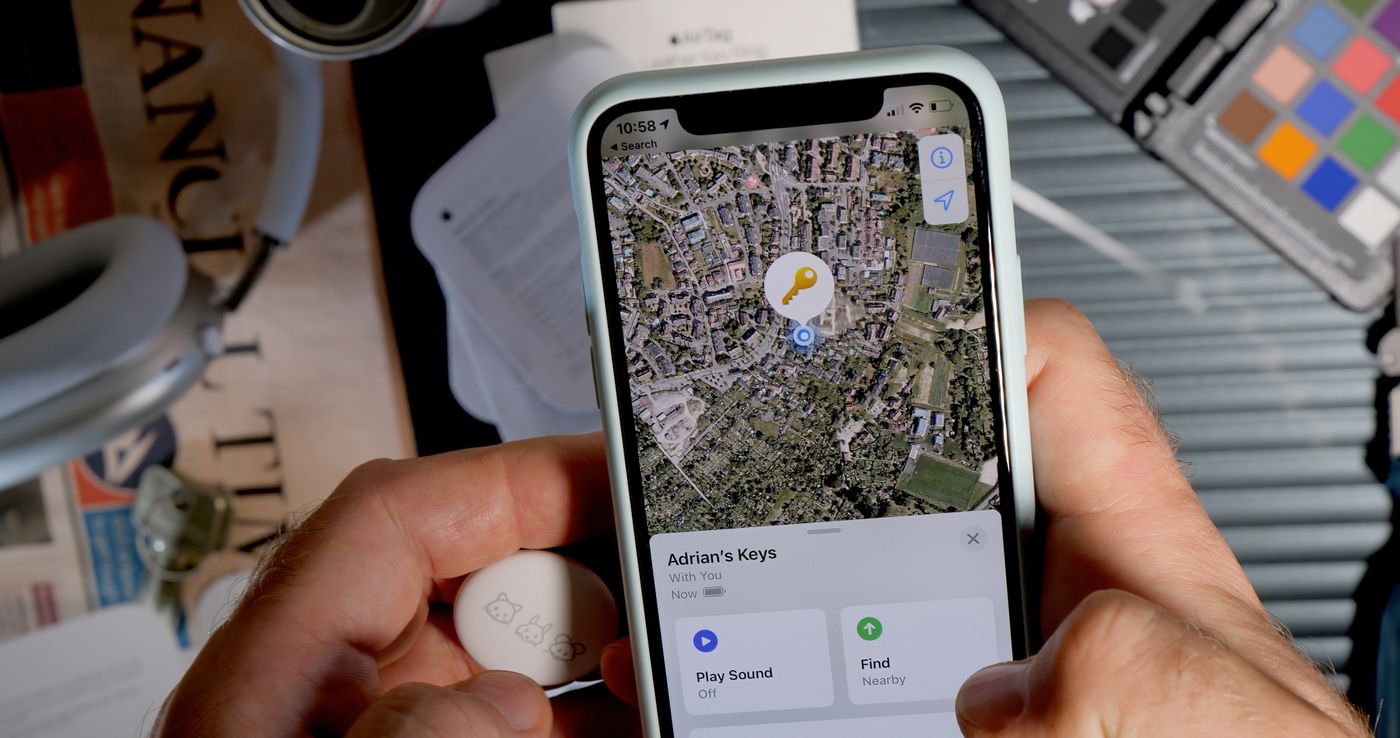The short answer to most family law questions is… “it depends”. Whether it is legal or not for your spouse to put a tracking device on your car depends on a few different factors. Let’s get the technicalities understood, first, before we discuss the variables. Florida law considers a “tracking device” as any device whose primary purpose is to reveal its location or movement by the transmission of electronic signals, or any device that includes a “tracking application”, which means any software program whose primary purpose is to track or identify the location or movement of an individual.
Florida law says a person may not knowingly install or place a tracking device or tracking application on another person’s property without that person’s consent or use a tracking device or application to determine the location or movement of a person or their property without that person’s consent. Tracking a person unlawfully can result in a third-degree felony. There are exceptions, however, that apply for law enforcement or elderly caregivers, but in terms of family law, the following exceptions may apply:
1. The prohibition of tracking a person or their property does not apply to a parent or legal guardian of a child who tracks the child, so long as both parents are legally married to each other and are not separated and at least one parent provides consent, or if the parents are not married to each other and they both provide consent. This also does not apply to one parent of a child who is the sole surviving parent, or to a parent of a child that has sole custody of that child, by law.
2. The prohibition of tracking does not apply to a person engaged in private investigation, on behalf of another person, unless such activities would otherwise be exempt under the law if performed by the person that hires the private investigator. What this means is, if you can’t do it under the law, your private investigator cannot do it either.
Under Florida law, it is presumed that consent is revoked if the person giving consent and the person who is tracking the other person are married and one person files a petition for divorce, or if either the consenting person or tracking person files an injunction for protection against the other. So, if two people are married and both names are on a vehicle, that vehicle can be tracked as long as one of them consents. Separation is not enough to protect someone from being tracked; you would need to file for divorce before the law would trigger the prohibition.
Trackers can range from the size of a penny to the size of a pencil box; they can be magnetic and stick to the undercarriage of the car; they can be hidden obscurely in hard-to-reach places; and they can be attached to your car battery or pinned under the hood of the car where most people will not look. If you are in the process of a divorce and you suspect you or your property are being tracked by your spouse, you should take your vehicle into a mechanic to have it checked and contact law enforcement if you find yourself being tracked without your consent.
- Sheryl Cochran Theodore, MSC, JD.

